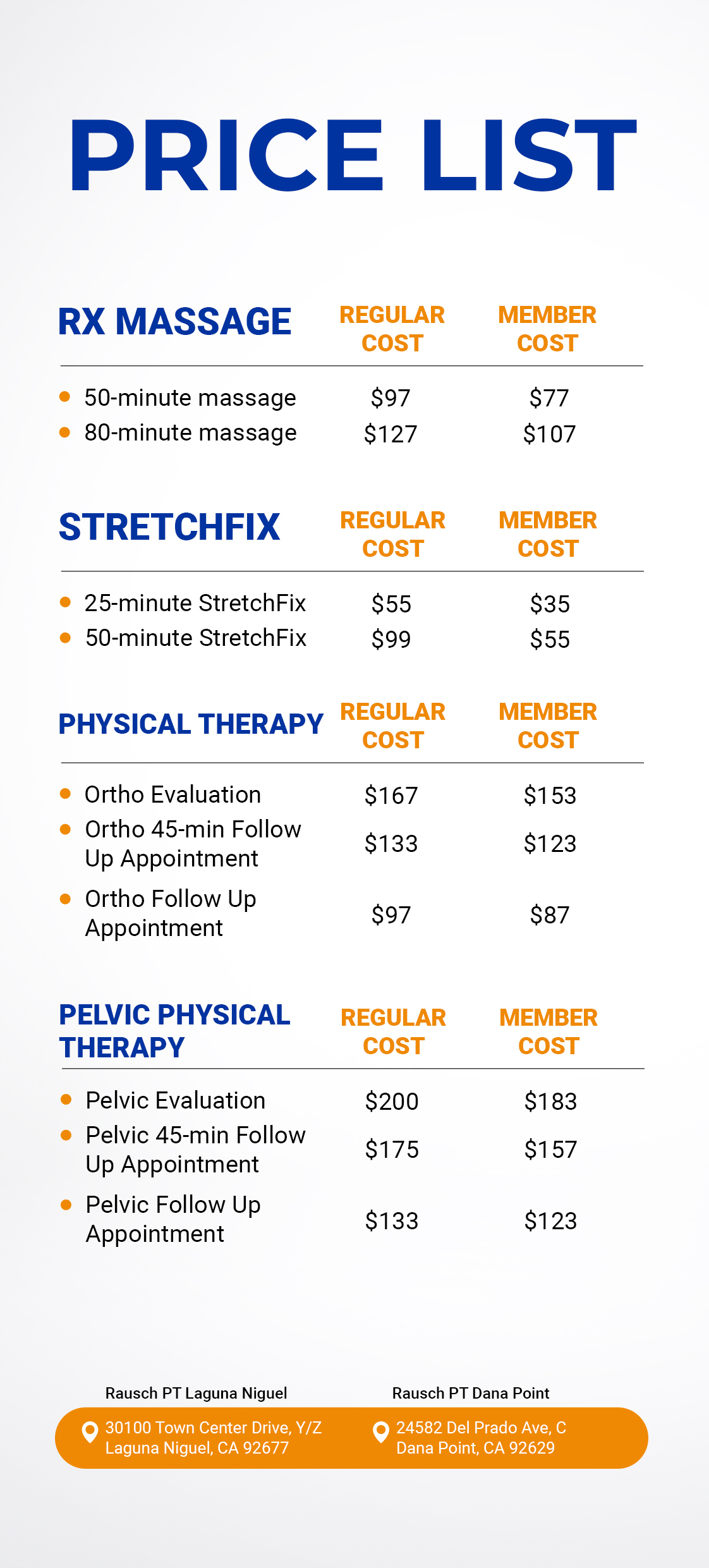1. Bring Mindfulness Into Your Day Stress and anxiety don’t just affect your mind—they impact your nervous system, sleep, recovery, and even how your body experiences pain. Mindfulness and meditation,
How to Spot Health and Exercise “Fake News”
September 1, 2017 6:05 pm / Category: Physical Therapy , Wellness

When searching online for health-related articles, do you investigate or accept? PT Jonathan Meltzer explains how you can best weed through the flood of information on the internet and why it’s important for your health to do so.
BY JONATHAN MELTZER, DPT, RAUSCH PHYSICAL THERAPY
This past June marked my five year anniversary of being a licensed physical therapist, and just in this short time I’ve seen so much growth and change in my profession. I’ve noticed varying trends in treatment style and the changes in the business of physical therapy itself, but the one thing that’s changed our field the most in recent years? TMI: too much information!
There is a seemingly infinite amount of PT or exercise-related information and advice out there—from WebMD and web-archived research articles, to YouTube and educational blogs/social media accounts. While this has helped my profession evolve (peers can connect to share opinions and research, and people everywhere are now empowered to take control of their health) you should always ask yourself this question when searching for answers online: Do I choose to investigate it, or do I just accept it?
Personally, I’m always searching for articles to read to continue learning and push myself to be a better PT, but I also always make sure that the information I’m reading is legitimate, true and helpful. So, if you’re reading this, I’m challenging YOU to push yourself to learn one new thing every day! But wait, how do you know what’s good material and what’s useless?
Here are the simple steps and rules that I follow when I come across new information online:
-
- Consider your search phrase. When searching for advice or info, you can (inadvertently or not) bias your search to get the results you “want” to see, but they may not necessarily be accurate. For instance, instead of typing in, “Are push ups the best exercise to improve chest strength?” a more neutral search would be something like, “What are the best exercises for chest?”
-
- Challenge your source. Next, look to see if the source is credible. YouTube is an excellent resource for information on new treatment ideas, stretching or exercises, but make sure it’s coming from a medical professional or someone with experience in the field of physical therapy. While they can be great, easy resources, I’ve seen too many patients get injured from following inexperienced people on YouTube or Instagram.
-
- Watch out for paid advertising and product promotion. How many times have you been reading an informative blog post about a problem you have, only to get to a paragraph promoting a product/person as the solution to said problem? This is a HUGE red flag for me. Granted, the “why” information here can still be good, but just be aware that if the “how” is biased, the author may only be providing the information that plays into their narrative.
-
- Examine the research groups and studies. If an article cites a research study, but the amount of people studied was small, then the data will be skewed. Also, consider the test population, as product companies will often conduct “research” in a setting that will guarantee good results. For example, applying a TENS unit to a very acute back patient will almost always decrease their pain, but was it really the unit that “solved” their pain, or, was the test subject simply flared up and their body just naturally recovered quickly? Always challenge the population being tested.
* Bonus tip for professionals! Don’t waste time; make sure the information you’re reading is actually applicable to your job or clientele. This seems obvious but must be considered. Is the information you are looking up actually useful or realistic? Try focusing on information that can immediately have a positive impact on your business and that can add value to you as a physical therapist, coach or trainer.
Hopefully these guidelines can help you navigate the vast sea of information available on the internet. By being smart about your research, you can easily sort out information and articles for your and your client’s benefit, which will ultimately help grow your profession and the field of physical therapy. Again, strive to learn something new everyday and never settle for mediocrity!







